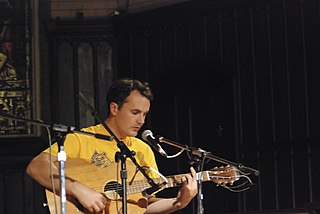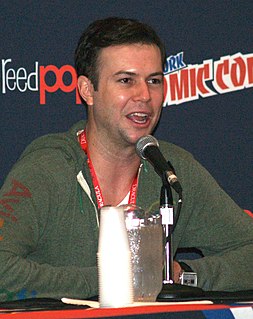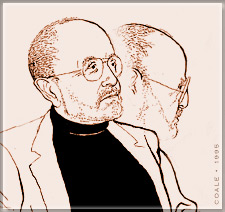A Quote by Lucy Worsley
I love visiting Landmark Trust properties, which tend to be historical follies in extraordinary places.
Quote Topics
Related Quotes
I kept thinking about how ironic it is how people who live in places where there is diversity tend to love it - and the people that don't live in particularly diverse places tend to be the ones attacking it. In a way, that's similar to music, which is essentially the art of bringing things together.
It is vital that each sister have visiting teachers,to convey a sense that she is needed, that someone loves and thinks about her. But equally important is the way the visiting teacher is able to grow in charity. By assigning our women to do visiting teaching, we give them the opportunity to develop the pure love of Christ, which can be the greatest blessing of their lives.
I think the most important work that is going on has to do with the search for very general and abstract features of what is sometimes called universal grammar: general properties of language that reflect a kind of biological necessity rather than logical necessity; that is, properties of language that are not logically necessary for such a system but which are essential invariant properties of human language and are known without learning. We know these properties but we don't learn them. We simply use our knowledge of these properties as the basis for learning.
A building does not have to be an important work of architecture to become a first-rate landmark. Landmarks are not created by architects. They are fashioned by those who encounter them after they are built. The essential feature of a landmark is not its design, but the place it holds in a city's memory. Compared to the place it occupies in social history, a landmark's artistic qualities are incidental.

































